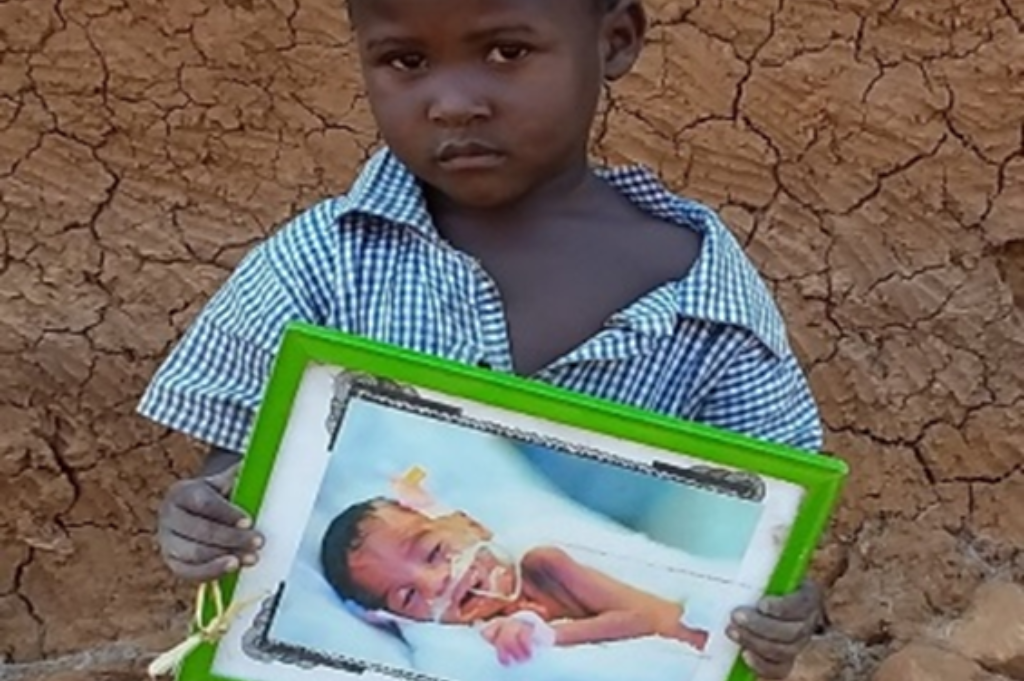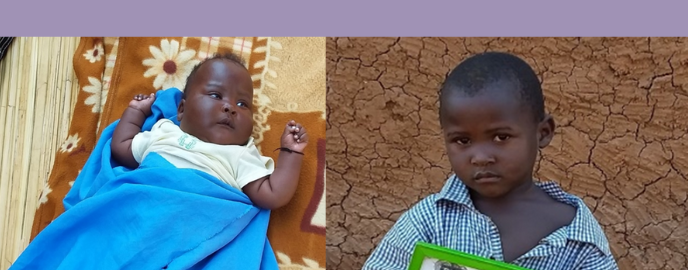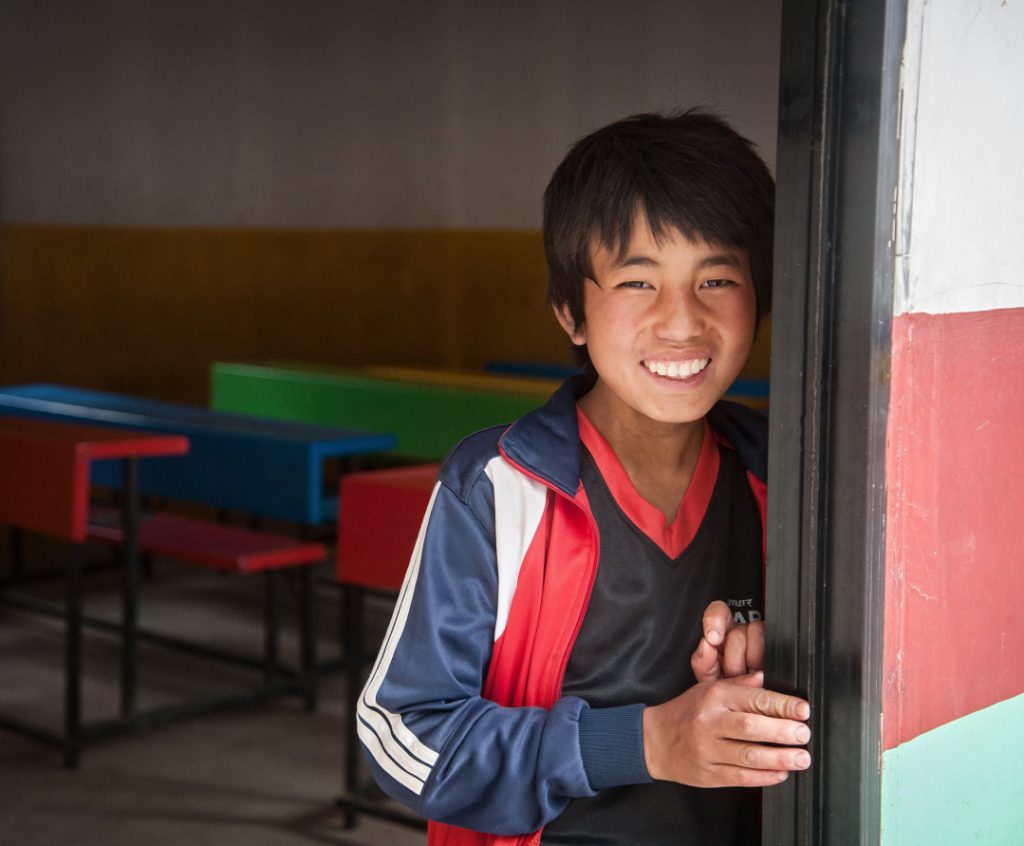Sally was one of the first infants enrolled in our Hospital to Home programme. She was born weighing just 1kg and her mother feared she wouldn’t survive. Her story is a testament to the dedication of staff in the Kiwoko Hospital neonatal intensive care unit and our incredible team of community health workers.
“How do you see my baby?” Esther asked.
Night was falling in the Kiwoko Hospital neonatal intensive care unit (NICU), but staff were working tirelessly to care for Esther’s newborn, Sally.
Molly MacGuffie, a volunteer nurse from Seattle – now our Clinical Programmes Manager – thought for a moment before she responded to Esther. How could she express that she was worried about Sally but could sense that she was fighting? How could she help to keep Esther’s hope alive?
“I see your baby full of your love,” Molly eventually replied. “I see you here. That is enough for now.”
Despite Molly’s words, Esther was uncertain about her child’s survival. She had never seen a baby so tiny. With Sally weighing just 1kg, Esther was scared to even hold her. Sally spent the first months of her life in the Kiwoko Hospital NICU, under the watchful eye of the unit’s expert staff. Despite Esther’s initial fears, Sally gradually grew bigger and stronger over time, until eventually she was able to go home.
Esther thought it was a miracle. But now she faced the next challenge: ensuring she supported Sally with the care she needed at home, so she could continue to flourish. Taking a newborn home from the hospital can be a daunting experience. The complexity of the situation can be further magnified for mothers like Esther who have sick and small newborns.
Thankfully, Sally was one of the first newborns enrolled in our Hospital to Home (H2H) programme which supports high-risk infants in the hospital and when they return home.

Through H2H, Esther received training in the NICU on what to expect after taking Sally home. They then received at-home follow-up support for up to a year after discharge. The programme’s follow-up visits are led by a network of volunteer community health workers (CHWs) who have received specialised training in the care of small and sick newborns. These amazing CHWs supported Esther to care for Sally once she left the hospital and helped ensure optimal health and development.
Today, Sally is two and a half years old. She is smiling, growing and doing all the things children her age should be. Esther has even been able to take a tailoring class and now feels comfortable leaving Sally with her grandmother so she can work in a nearby town to support her daughter. The family is very grateful for the quality care they received.
“It was Kiwoko’s NICU nurses and the community health workers who counselled and encouraged Esther on how to take care of her baby well”
Sally’s Grandmother
Our Senior Clinical Advisor, Heidi Nakamura, was visiting the NICU when Esther and baby Sally were there in 2019. A skilled photographer (on top of being a world-class NICU nurse), Heidi recalls taking photos of Esther and Sally. At the time, she didn’t know if Sally would make it. When she learnt that Sally not only survived but she’s thriving, Heidi said it was a testament to the dedication of the unit’s staff.
“The work that is happening in the NICU is amazing, but can also be very challenging,” Heidi says. “There are times when circumstances can seem overwhelming, with little hope. But the reality is, the staff of the NICU are real heroes. Their passion and desire to provide the best care to each and every family is powerful.”
“Every day they are making a difference, and baby Sally is a perfect example of that. With Adara’s support, the Kiwoko Hospital NICU is doing incredible work.”
We couldn’t agree more.

